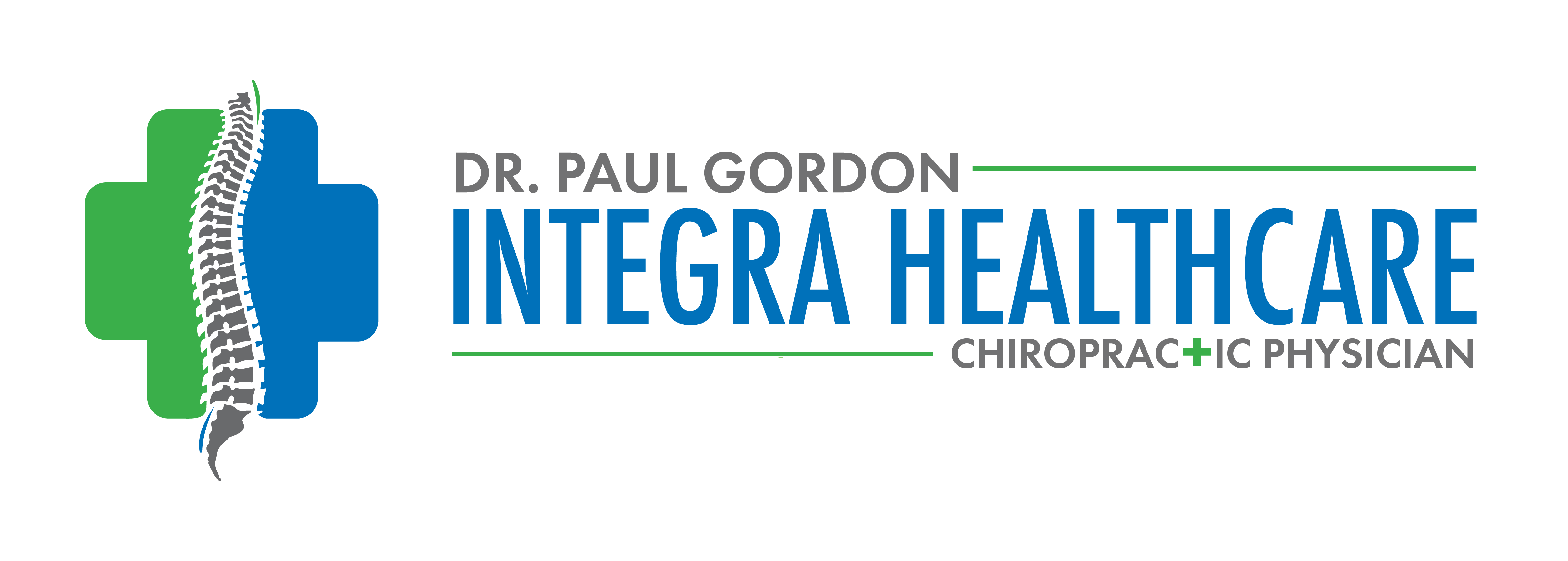Personal Injury and Health Law
What Is a Personal Injury?
Personal injury is a legal term for injuries to the body, mind, or emotions. The legal system permits an injured person to go to court to get a legal remedy for the losses stemming from the accident.
In the legal world, personal injury is defined as a tort claim. A tort claim has two basic issues—liability and damages. Liability is a legal term that defines who is responsible for your injury. Damages are a sum of money claimed or awarded as compensation for your loss and/or injury.
Typical personal injury cases are injuries stemming from automobile accidents, injuries occurring while the injured person was on another’s property, animal bites, defamation claims, construction accidents and injuries from defective products. Claimants that win a judgment in court are awarded pain and suffering damages.
What Is Required for a Personal Injury Claim?
In tort claims, there are typically three different bases for claims. These are negligence, intentional acts and strict liability.
-
Negligence: The most common basis for claims in personal injury, negligence establishes that the party at fault had a duty to you and breached that duty resulting in your injury. The duty is a duty owed to all reasonably foreseeable parties wherein reasonable care must be exercised.
Strict Liability: Strict liability is common in cases where injury results due to a defect in the design or manufacture of a product. To establish strict liability, it must be established that the product was designed or manufactured in a way that made it unreasonably dangerous when used as intended.
Intentional Acts: Extremely rare, intentional acts are found in situations where a person hits you and situations where you are wrongfully detained (false imprisonment).
What Are Damages in a Personal Injury Claim?
Damages are a sum of money claimed or awarded as compensation for your loss and/or injury. Typically, damages are divided into two areas—general and special damages.
-
General Damages: These are damages which are deemed to flow naturally from the defendant’s wrongful action. General damages can include physical pain and suffering, physical disfigurement, mental anguish, physical impairment, loss of consortium or companionship (paid to family members in wrongful death cases) and lowered quality of life. General damages are difficult to quantify as it is nearly impossible to put a monetary amount to one’s pain and suffering. One factor that courts consider in determining a fair amount include the severity of the injury.
Special Damages: Special damages are calculated to financially compensate the injured person for their losses. Special damages include out of pocket expenses stemming from the injured person’s injuries. Special damages include repair and replacement of damages property, lost wages and loss of earning capacity and medical expenses. Unlike general damages, special damages are easy to calculate because a dollar amount is provided for the loss.
An injured person can claim both special and general damages.
How Should I Negotiate My Personal Injury Claim?
After you file your personal injury claim, an insurance company will typically come into play, especially if someone is at fault for your injury. In some circumstances, you may file a claim under your own insurance coverage or you might file a third party claim with the insurance company of the person who injured you.
Insurance companies prefer to reach a settlement instead of going to trial.
Seeking Legal Help
Insurance companies may offer a settlement that covers your losses. However, some people find difficulty in attempting to recover for claims when dealing with insurance companies and need legal assistance. This is especially true for complex cases, such as those involving medical malpractice claims. A personal injury attorney can help you negotiate a fair settlement that will compensate you for your injury and losses.
Author: Kirin McKenna
Leave a reply
Leave a reply